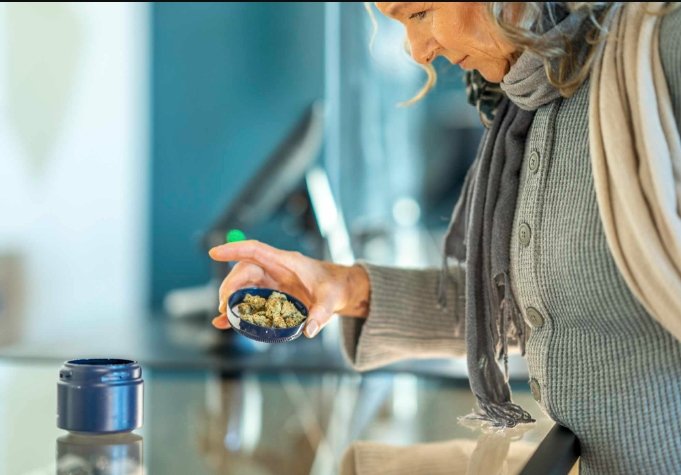In a society grappling with the opioid crisis, alcohol abuse, and tobacco addiction, medical cannabis emerges as a beacon of hope. A recent analysis reveals that medical cannabis is associated with a decrease in the use of opioids, alcohol, and tobacco, suggesting a potential shift in substance dependency patterns.
A Closer Look at Cannabis Substitution
Medical cannabis users are increasingly substituting their opioid, alcohol, and tobacco consumption with cannabis, a trend supported by recent studies. This shift is particularly notable among patients who have been authorized to use medical cannabis, with many reporting a significant reduction in their reliance on more harmful substances.
The substitution effect is not just limited to opioids. Alcohol and tobacco users also report similar trends, indicating a broader impact of medical cannabis on public health. The reasons behind this shift are multifaceted, including the desire to avoid the side effects of traditional medications and the search for a more holistic approach to wellness.

The Impact on Public Health
The implications of this trend are profound. With opioid overdoses causing unprecedented fatalities, the potential of medical cannabis as a safer alternative could reshape treatment protocols and offer a lifeline to those struggling with addiction. Moreover, the decrease in alcohol and tobacco use could lead to a reduction in diseases associated with these substances, such as liver cirrhosis and lung cancer.
Healthcare professionals are taking note of these developments, advocating for more research and a reevaluation of medical cannabis within the context of substance abuse treatment. As the stigma surrounding cannabis dissipates, its role in harm reduction becomes increasingly significant.
Navigating the Legal Landscape
The legal status of cannabis has been a contentious issue, but the growing body of evidence supporting its therapeutic benefits is influencing policy changes. As more states and countries legalize medical cannabis, access to this potential harm-reduction tool becomes easier, paving the way for a new paradigm in addiction treatment and public health strategy.



